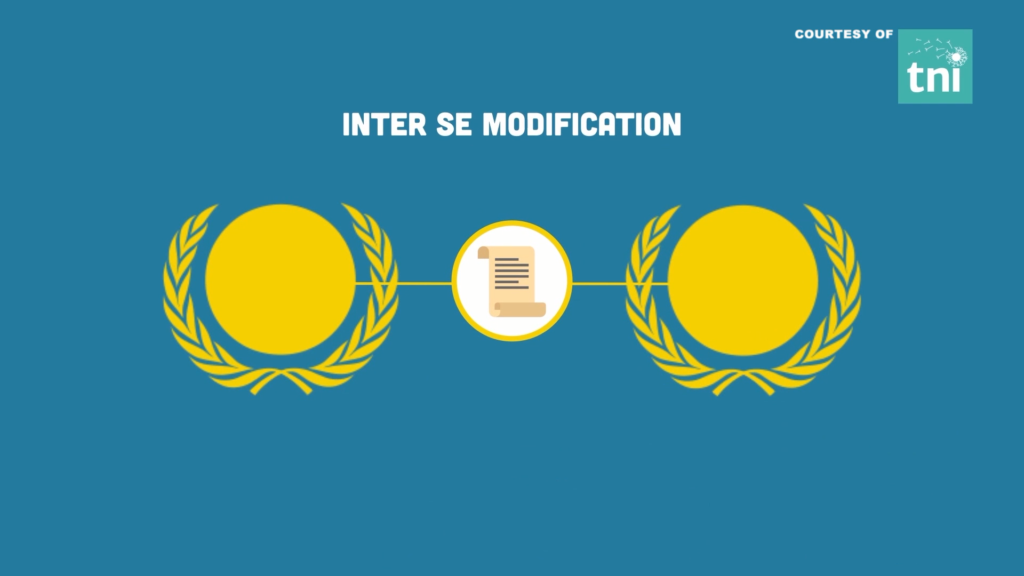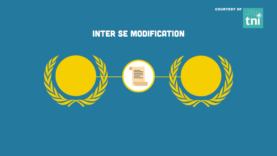Countries can reform under UN law
The international drug control regimes are outdated and do not meet current human rights standards and public health needs. Provisions in three historically prohibitionist United Nations treaties – the 1961 Single Convention on Narcotic Drugs, the 1971 Convention on Psychotropic Substances, and the 1988 Convention Against Illicit Traffic in Narcotic Drugs and Psychotropic Substances – substantially limit Party latitude in legalizing and regulating schedule-listed substances, including cannabis.
More than 50 countries in the world are reforming
More than 50 countries in the world are reforming their cannabis policy in one way or another, mainly regulating the use of medicinal cannabis but also trying to get in control on the recreational consumption, like Canada and Uruguay. But how can these countries deal with the harsh attitude and opposition of states like Russia, China and the Philippines, hardliners, demanding a full stop on the recent reform developments in fellow states and still strive for a drug free world. Incarcerating millions of people around the world.

The UN system coordination Task Team on the Implementation of the UN System Common Position on drug-related matters, recently released a report on; ‘lessons learned over the last ten years’. It says:
- – The criminalization of drug use for other purposes than medical and scientific ones can have a negative effect on the enjoyment of the right to health.
- – In recent years there have been some alarming tendencies towards a deeper militarization of the responses by States to counter drug-related crimes. In some instances, this is associated with the progressive militarization of civilian police forces. Excessive use of force is more likely to occur when military or special security forces are involved in drug operations. Such approaches have disproportionately affected vulnerable groups and have repeatedly resulted in serious human rights violations.
- – Alternatives to imprisonment are often more effective at achieving important public safety objectives, such as greater security for the population, than imprisonment.
- – Drug trafficking is extremely lucrative, making corruption of high-level and local level officials a prime vector for exercising political influence.
- – The non-medical use of prescription drugs is becoming a major threat around the world.
- – The drug control conventions therefore allow countries sufficient flexibility to design and implement national drug policies according to their priorities and needs, consistent with the principle of common and shared responsibility.
Governments the world over have utterly failed to make any progress in achieving a drug-free world. In blindly striving for a drug-free world, drug policies have had devastating consequences
It will take years and years before all 193 UN members will come to a sort of an agreement to change the outdated drug treaties. But why should we wait. Why not allowing countries to continue their reform policy without breaking the UN conventions. Still respecting the basic fundamental rights, health and welfare of humankind, which form the cornerstone of the international drug control system.

Amongst reform options not requiring consensus, inter se modification appears to be the most ‘elegant’ approach and one that provides a useful safety valve for collective action to adjust a treaty regime arguably frozen in time.
You want to know how? Watch our video and find out how countries can reform under UN law.
Interesting links/sources:
The elegant way to end global cannabis prohibition: Inter se modification
The UN Drug Control Conventions
Music: https://www.unders.nl/


























